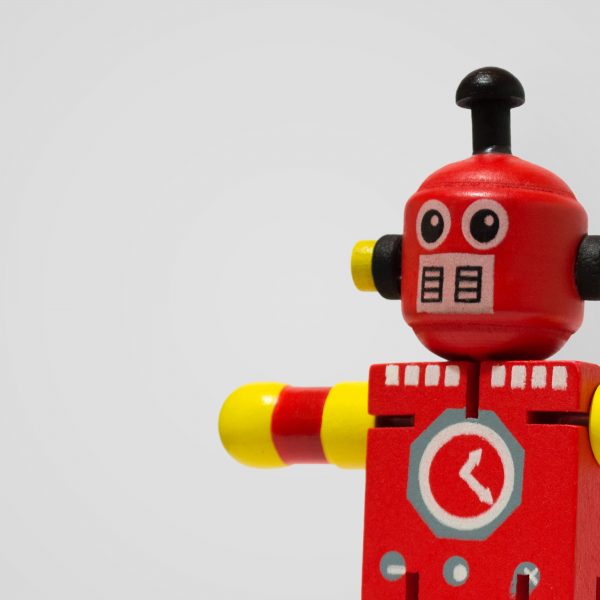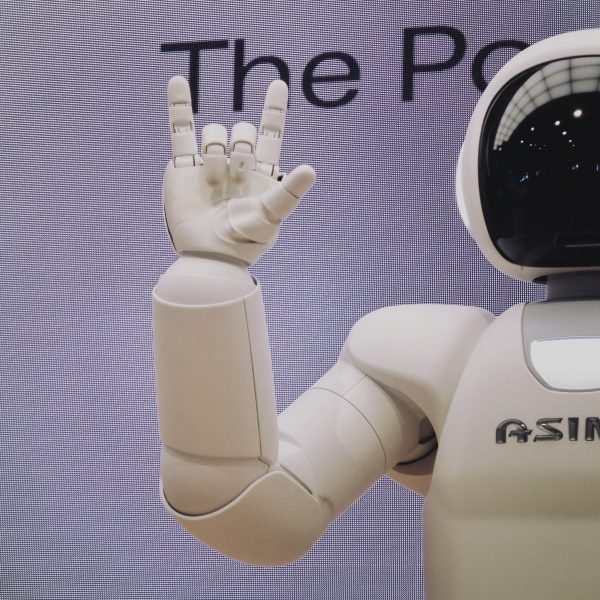Do preschoolers prefer to learn from competent robots, or incompetent humans?

Researchers from Concordia University recently explored the question of whether preschool aged children (between three and five years of age) would prefer to learn from a competent robot, or an incompetent human.
Published in the Journal of Cognition and Development, the answer, they found, largely depends on age. For three year olds, there was no preference, but by five years of age, children were much more likely to prefer the competent robot.
To reach their findings, researchers set children up in Zoom meetings which featured a video of a young woman and a small robot with humanoid characteristics (head, face, torso, arms and legs) called Nao sitting side by side.
Between them were familiar objects that the robot would label correctly while the human would label them incorrectly, e.g., referring to a car as a book, a ball as a shoe and a cup as a dog.
Next, the two groups of children were presented with unfamiliar items: the top of a turkey baster, a roll of twine and a silicone muffin container.
Both the robot and the human used different nonsense terms like “mido,” “toma,” “fep” and “dax” to label the objects. The children were then asked what the object was called, endorsing either the label offered by the robot or by the human.
While the three-year-olds showed no preference for one word over another, the five-year-olds were much more likely to state the term provided by the robot than the human.
This, lead author Anna-Elisabeth Baumann said, indicates that by the age of five, children are choosing to learn from a competent teacher over someone who is more familiar to them – even if the competent teacher is a robot.”
Horizon Postdoctoral Fellow Elizabeth Goldman and undergraduate research assistant Alexandra Meltzer also contributed to the study, which was supervised by Professor and Concordia University Chair of Developmental Cybernetics Diane Poulin-Dubois.
To shore up the results the researchers repeated the experiments with new groups of three- and five-year-olds, replacing the humanoid Nao with a small truck-shaped robot called Cozmo. The results resembled those observed with the human-like robot, suggesting that the robot’s morphology does not affect the children’s selective trust strategies.
Along with the labelling task, the researchers administered a naive biology task. The children were asked if biological organs or mechanical gears formed the internal parts of unfamiliar animals and robots. The three-year-olds appeared confused, assigning both biological and mechanical internal parts to the robots. However, the five-year-olds were much more likely to indicate that only mechanical parts belonged inside the robots.
“This data tells us that the children will choose to learn from a robot even though they know it is not like them. They know that the robot is mechanical,” Ms Baumann added.
The study is significant because it is the first to use both a human speaker and a robot to see if children deem social affiliation and similarity more important than competency when choosing which source to trust and learn from.
“Older preschoolers know that robots have mechanical insides, but they still anthropomorphize them. Like adults, these children attribute certain human-like qualities to robots, such as the ability to talk, think and feel,” Professor Poulin-Dubois explained.
“It is important to emphasise that we see robots as tools to study how children can learn from both human and non-human agents,” Ms Goldman concludes.
“As technology use increases, and as children interact with technological devices more, it is important for us to understand how technology can be a tool to help facilitate their learning.”
Popular

Workforce
Policy
Quality
Practice
Provider
Research
ECEC must change now, our children can’t wait for another inquiry
2025-07-02 07:47:14
by Fiona Alston

Events News
Workforce
Marketplace
Practice
Quality
Provider
Research
An exclusive “Fireside Chat” with ECEC Champion Myra Geddes
2025-07-01 11:25:05
by Fiona Alston

Workforce
Practice
Provider
Quality
Research
Supporting successful transitions: Big moves, big feelings
2025-06-26 11:00:30
by Fiona Alston











